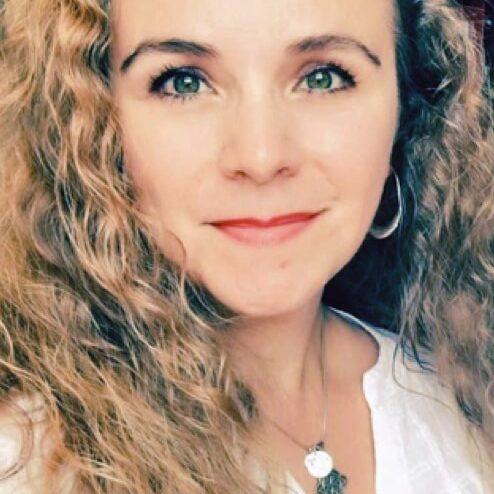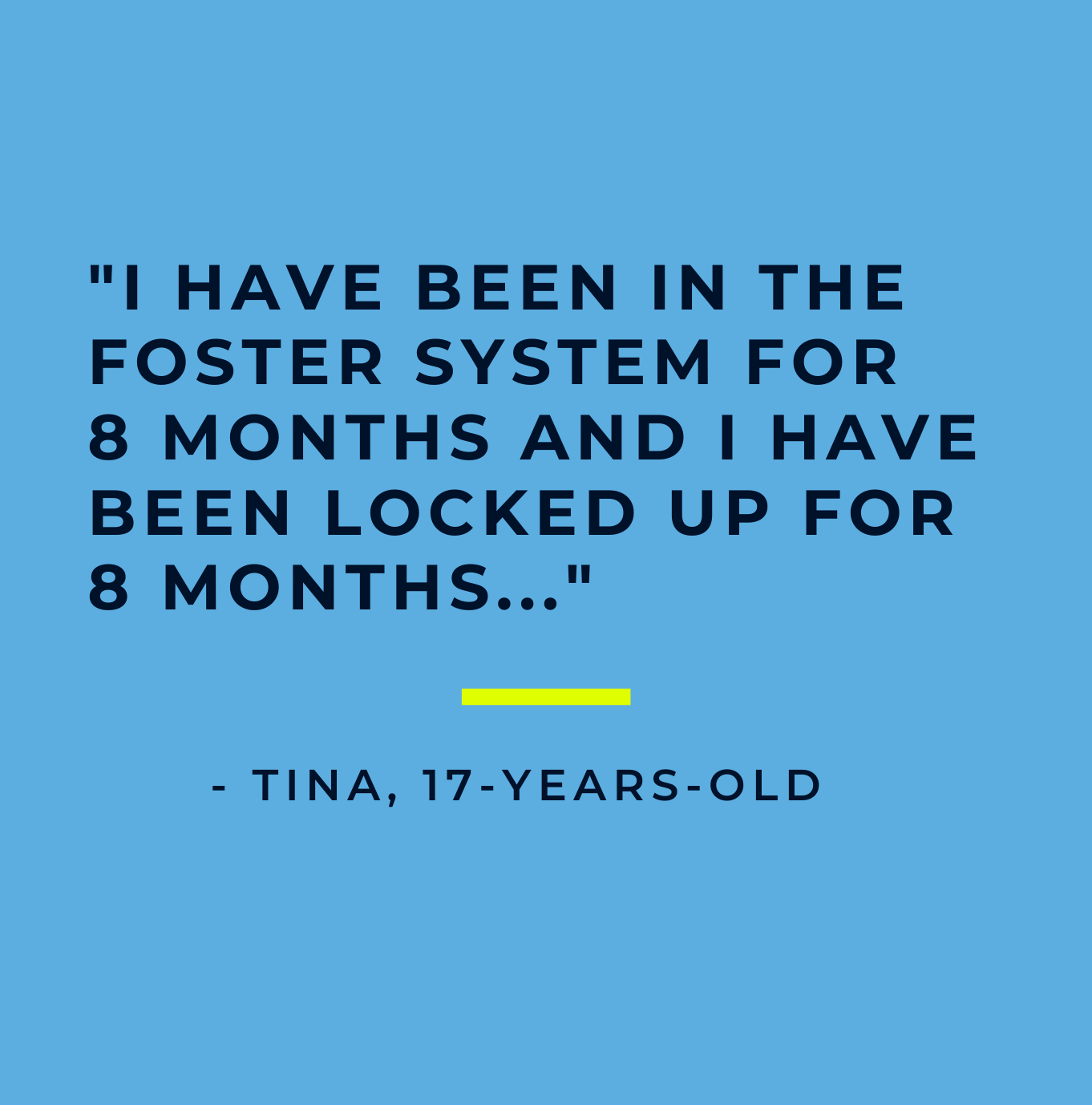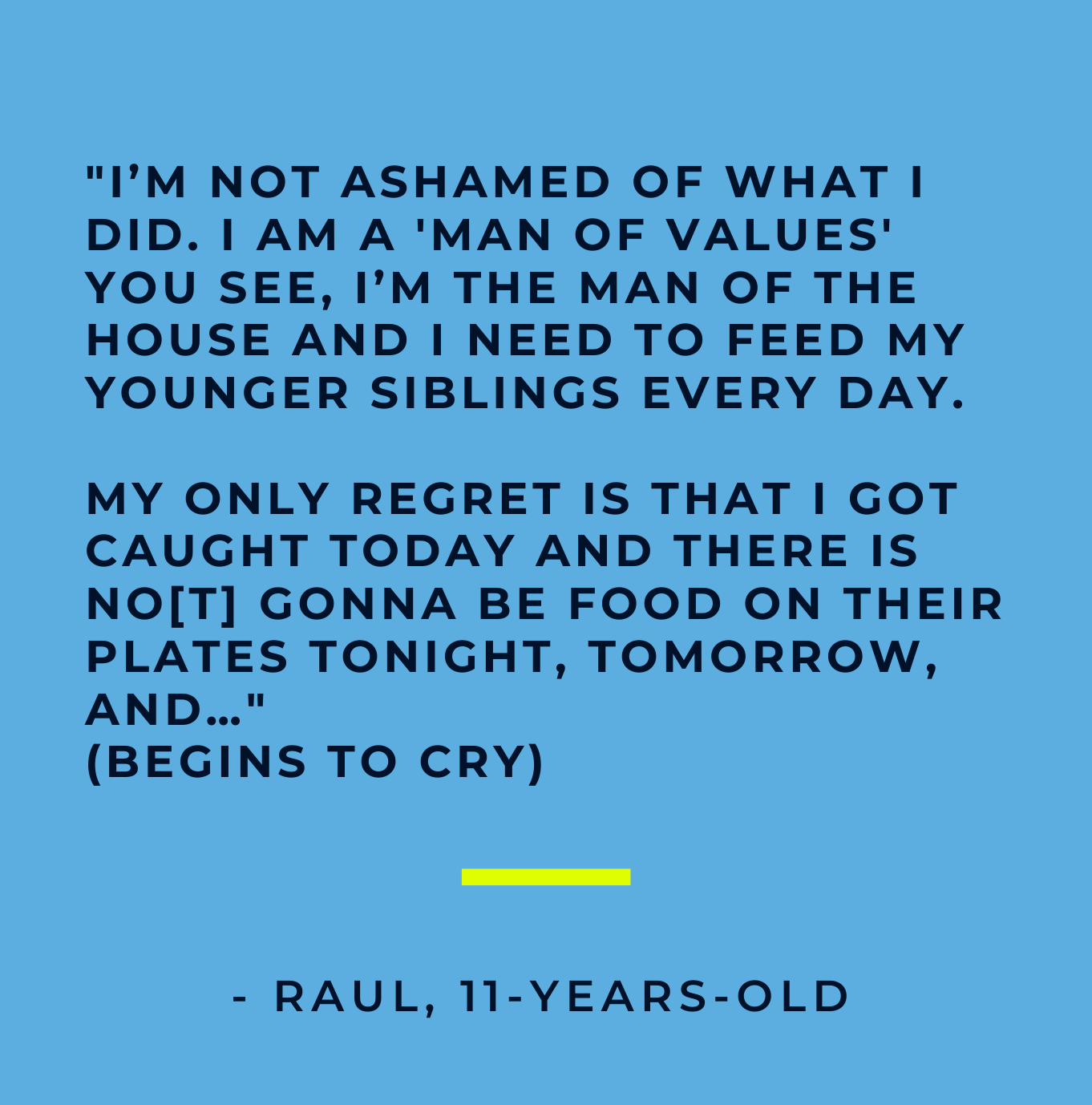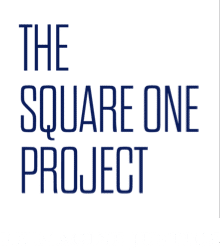DECEMBER 2020 | Executive Session on the Future of Justice Policy Learned Helplessness, Criminalization, and Victimization in Vulnerable Youth
Overview
The United States detains youth in a multitude of settings - the criminal legal system, immigrant detention centers, the foster care system, and more - at rates far higher than global norms. The authors posit that this phenomenon has occurred because civil and criminal detainment serves as the “solution” for maladaptive behavior in young people. This detainment serves neither society nor the individual, as system interactions only exacerbate trauma and victimization in young people, contributing to a phenomenon called “learned helplessness.” The paper defines learned helplessness and recommends that this psycho-social outcome be considered in current and future justice policy and practice. Finally, the paper provides recommendations for how to respond to and prevent maladaptive coping mechanisms, and argues that we must give youth the tools they need to thrive.
Authors

Elizabeth Trejos-Castillo Texas Tech University

Evangeline Lopoo Justice Lab, Columbia University

Anamika Dwivedi Justice Lab, Columbia University

Tina's Story
Tina, a 17-year-old, lost her mother unexpectedly to a late diagnosed terminal disease in 2017. She and her younger siblings, including two adopted younger cousins, were in separate placements and were denied contact with each other. A few days after losing her mother and her siblings, while in custody of Child Protective Services, Tina harmed herself. She was immediately sent to a youth detention facility and held in solitary confinement for months for her “own protection.”
Video
Square One Executive Session Member Elizabeth Trejos-Castillo discusses the importance of centering the experience of the individual in work around the youth justice system, foster care, and other systems detaining youth.
Raul's Story
Raul is an 11 year old in child-welfare/undetermined detention

To combat learned helplessness, we must practice "humanizing justice".
Respond to youth offending with restorative justice practices and policies.
Make community-based reintegration programs and welfare services an immediate and universal priority for all justice-involved youth.
Fortify social service systems to prevent learned helplessness and diminish youth criminalization.
